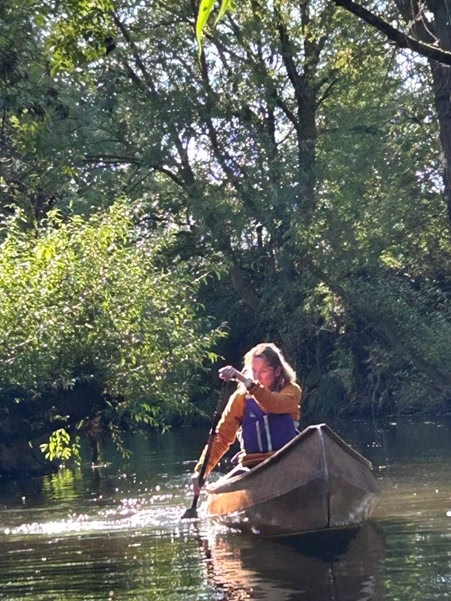Rehabilitation and Empowerment through Water, Creativity, and the Arts
WOW – Women on Water: An Arts-Driven Rehabilitation Programme Connecting Incarcerated Women with the Healing Power of Water
Project Summary:
Women on Water (WOW) is an innovative rehabilitation and empowerment programme designed for incarcerated women, harnessing the therapeutic power of water and the transformative capacity of the arts. Grounded in Blue Mind Theory—which explores the calming and restorative effects of water on the human brain—WOW integrates visual arts, creative writing, storytelling, music, drama, and literature as tools for emotional healing, identity formation, and post-release preparation.
WOW is not simply about rehabilitation—it’s about restoration of self, creative empowerment, and creating a vision for a life beyond incarceration, connected to both inner resilience and the natural world.
Core Objectives:
Healing through Creativity: Use arts-based practices—especially visual arts and creative writing—to help participants process trauma, express identity, and find emotional release.
Therapeutic Engagement with Water: Introduce Blue Mind Theory to deepen participants’ understanding of how water environments support mental wellbeing.
Empowering Self-Representation: Explore women’s representation and agency in aquatic sports, stories, and myths through drama, literature, and visual storytelling.
Building Post-Release Pathways: Prepare participants to engage with community-based water and arts activities upon release, creating a bridge between incarceration and reintegration.
Programme Components:
Blue Mind Education
Introduce the science behind Blue Mind Theory: how proximity to water reduces anxiety and promotes wellbeing.
Guided visualisation and reflection activities based on water imagery and natural environments.
Creative Arts Workshops
Visual Arts: Sketching, painting, and crafts inspired by water themes (e.g. waves, rivers, aquatic life, symbolism of water in healing and transformation).
Creative Writing: Poetry, memoir, journaling and short stories exploring personal relationships with water, freedom, and self-discovery.
Music & Sound: Listening sessions, group song writing, rhythm and sound workshops using water-related sounds (e.g. flowing rivers, waves).
Drama & Performance: Improvised storytelling, role-play and monologues exploring identity, transformation, and re-entry into the world.
Literature Exploration: Group readings and discussions of poems, short stories, and myths involving women and water (e.g., selkies, sirens, swimmers).
Collaborative Arts Projects: Group murals, collective poems or performances themed around “bodies of water” and “bodies of women.”
Post-Release Water Pathways
Orientation to swimming, paddling, and conservation opportunities available in local communities.
Partnerships with water-based organisations to support re-entry (e.g. environmental groups, sports clubs, arts collectives).
Individual goal-setting sessions linking creative passions with post-release activities.
Target Participants:
Incarcerated women aged 18+, with a focus on those with trauma histories, mental health needs, or long-term sentences.
Open to participants regardless of prior experience in the arts or aquatic environments.
Expected Outcomes:
Increased emotional wellbeing, self-awareness, and stress reduction.
Enhanced confidence, voice, and identity through artistic expression.
Strengthened connection to nature and one’s own inner resources via water-themed creative engagement.
Creation of post-release plans linked to the arts and water-based healing or activity.
A body of creative work (optional to share) that affirms participants’ stories, visions, and potential.
Conclusion:
Women on Water (WOW) is a radical reimagining of rehabilitation: one that places creativity, connection, and compassion at its heart. By combining the sensory and emotional power of water with the expressive freedom of the arts, WOW supports incarcerated women in reimagining themselves—not as broken, but as resilient, creative, and worthy of new beginnings.
In a system that often strips away voice and visibility, WOW returns both—through colour, story, rhythm, and imagination. It is not just a programme; it is a canvas for healing, a stage for rediscovery, and a lifeline toward freedom.
